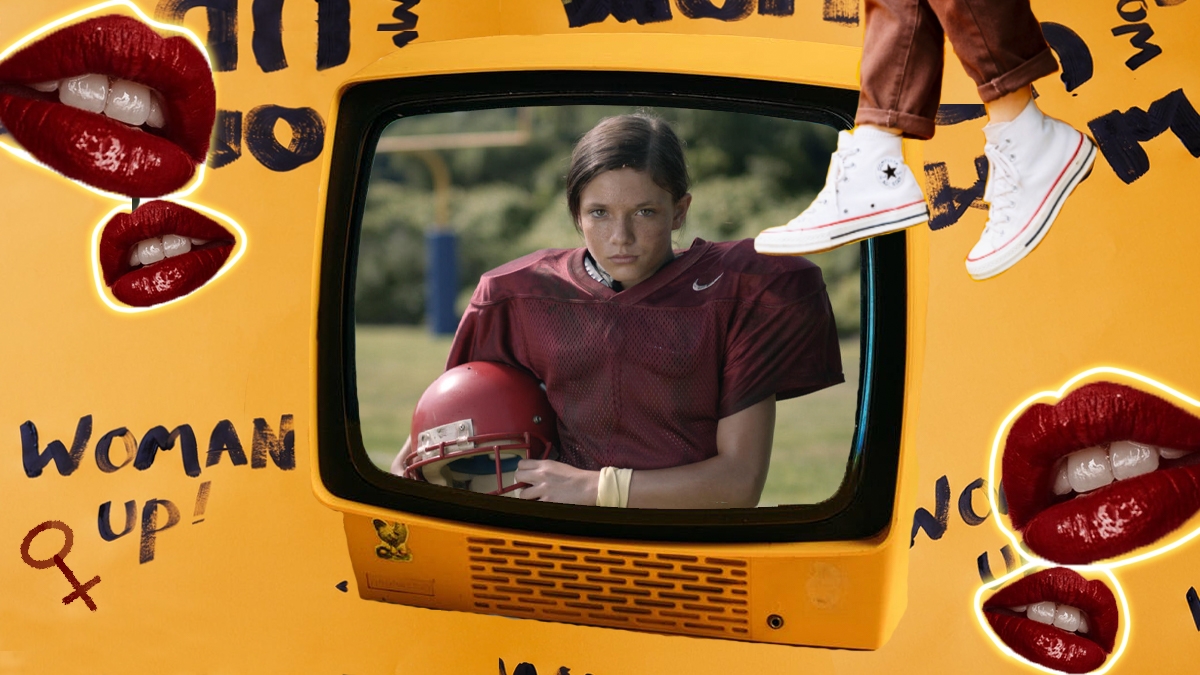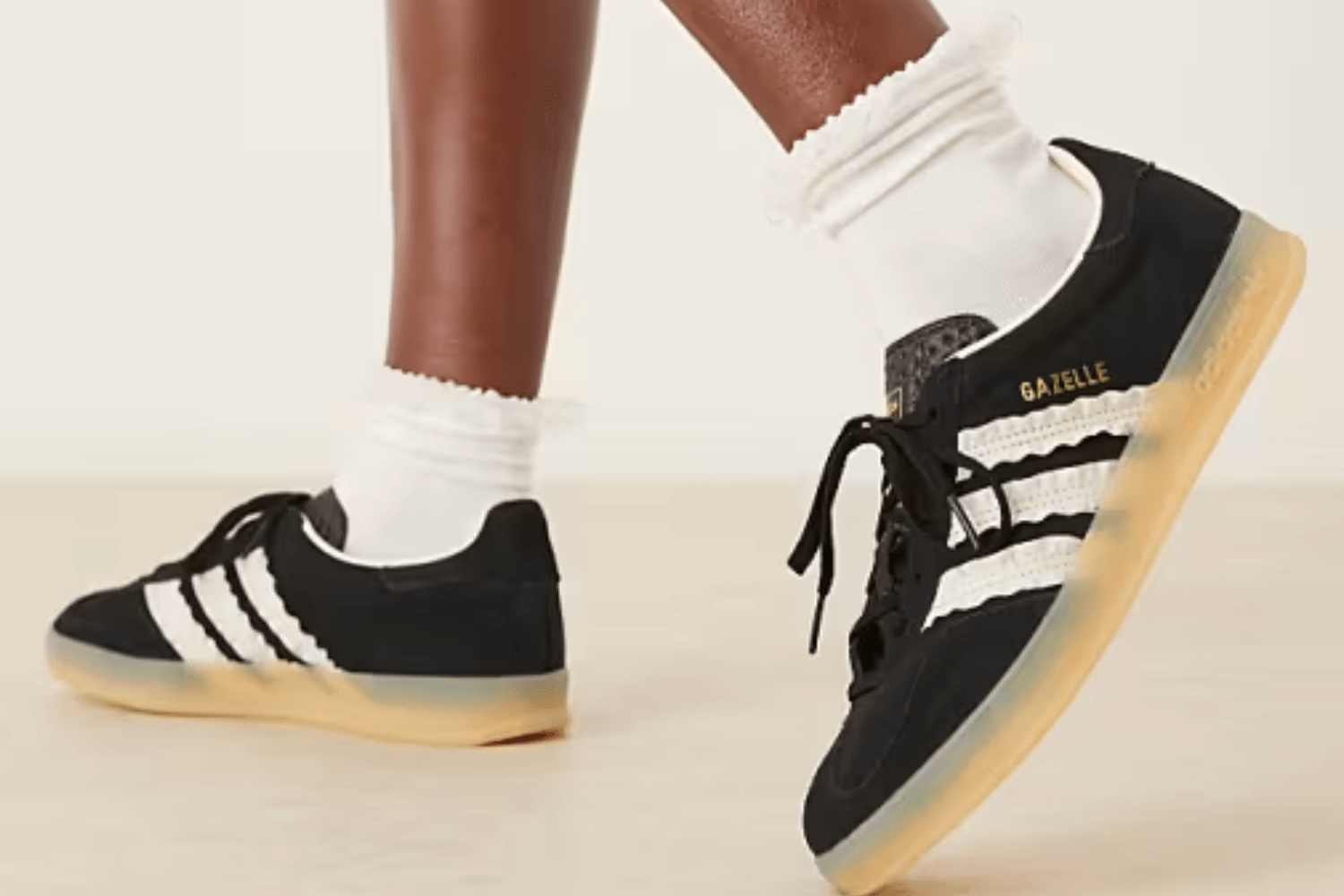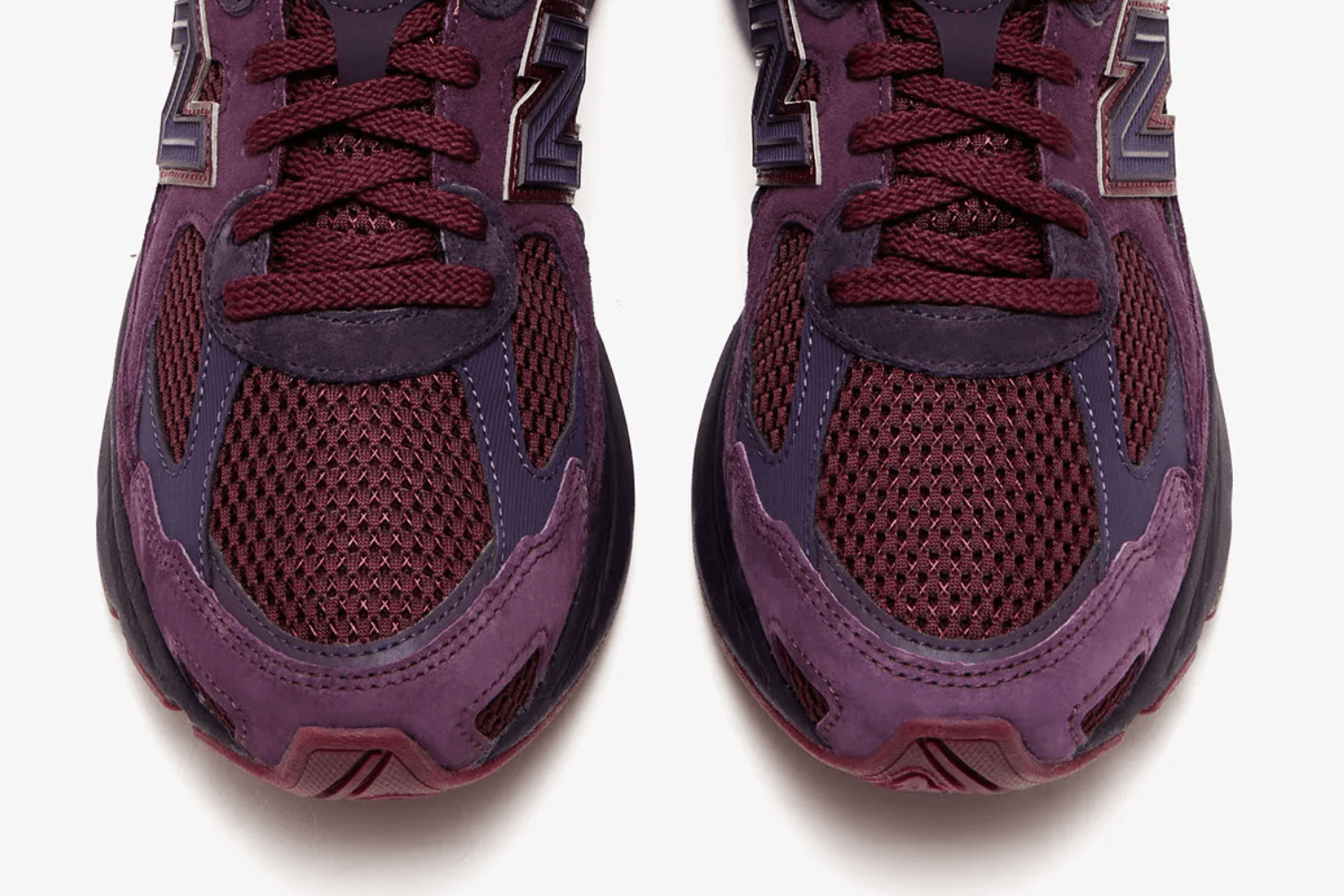For a long time I didn't understand why it was so important for girls and young women to have strong (female) role models. Role models in the sense of women in supervisory boards, management positions, women in tech companies, as mathematicians, racing drivers or world champions. I thought my own idol would be enough for me. My mum, whom I have admired all my life and whose strength I see every day.
I was always told that I was lucky that I, as a girl, had all the opportunities today and that I only had to take them. I believed that, and thanks to her, I still do.
If we all look at our mothers and what they have done for us, that would be incentive and inspiration enough. Nevertheless, nothing is ever just black and white, and never quite so simple. Some walls and thought structures of our subconscious can only be broken through and removed slowly and above all together.
Successful women are no longer rare and unique, they are us. Let's take a look back at the last 45 years, how Nike in particular has promoted female athletes.
The beginnings in the 1970s
In 1972, the US Congress passed a then groundbreaking law for gender equality in high school and college sports. Less than a week later, the Olympic track and field competition began in Eugene, Oregon. For the occasion, a few former University of Oregon runners designed T-shirts and gave away shoes. These sneakers, made by Blue Ribbon Sports, bore a small checkmark on their upper and the name of the Greek goddess of victory: Nike.
In 1978 Nike Women started as a business focus, which is why a series of ads featuring women were printed in the back of Runner's World Nike magazine. The first campaign was with the Lady Waffle Sneaker, which was a line designed specifically for women.
The shoes are still popular today as inspiration for many collaborations.
A year later, some women runners formed the International Runners Committee (IRC) to fight for inclusive long-distance running. Nike was enthusiastic and, among other things, financed the advertising to help the women's race gain new acceptance.
Long-distance running in the 80s
It was believed at the time that women could not run further than 1,500 metres for anatomical reasons, which is why that was the longest distance for women in the Olympic Games so far. The International Olympic Committee finally realised that this was complete nonsense in 1981, when they deliberately ignored the four-year rule waiting period and included the 3,000 metres and the women's marathon in the 1984 Games. Nike then joined the triumphal procession with some commercials: "The Olympics Will Never Be the Same."
In the summer of 1984, Joan Benoit Samuelson went down in history as the first winner of the women's marathon at the Los Angeles Games. In doing so, she sparked a running movement and celebrated with Nike: "Be as though she is".
Aerobics and Nike: late 1980s to early 90s
As more and more women became active in the late 1980s and began to adapt fitness as a lifestyle, Nike also began to produce a wider range of women's shoes and clothing. "Go ahead, be hard on yourself. But don't take it out on your feet", not only for top female athletes, but for everyone.
The print campaign 'List' was then designed to draw attention to the ten diets women submitted themselves to. It almost sounds a bit ridiculous from today's perspective, but if we're honest, how many of these self-imposed tortures do we still allow ourselves to be hostage to today?
The Rise of Female Sports Heroes with Sheryl Swoopes in the Mid-1990s
Sheryl Swoopes is a former college and Olympic champion whose accomplishments have had a major impact on professional women's basketball. For in her 12-year career, she led the Houston Comets to their first-ever WNBA championship and also received three MVP (Most Valuable Player Award) awards.
So she was the second athlete ever, after Micheal Jordan, to wear a shoe with her name on it!
In autumn 1995, Nike published a TV commercial with the new approach of inspiring female athletes in particular. The title "If You Let Me Play" was intended to emphasise how positively sport could influence the lives of all girls. Twenty years later, the campaign still has cultural relevance and is one of the top references when it comes to analyses of women's sports media.
What do you think about this spot, today and more than 15 years later? Does it send the right message?
The U.S. Women's National Team in 1999
In the final of the Women's World Cup in football, the US team won the title in front of 90,000 spectators in a dramatic penalty shootout against China, and with it worldwide attention. Nike took this opportunity to celebrate the winners as well. That's why, to inspire a young generation, Nike's "Girl in America" commercial features famous footballer Mia Hamm:
"There is a girl being born in America. Someone will give her a doll. Someone will give her a ball. And someone will give her a chance.”
Engagement and overcoming stereotypes in the 2000s
For the Athens Games in 2004, Nike ran the slogan "Mi heroe es una chava" (My hero is a girl) to celebrate 400-metre sprinter Ana Guevera. She was the first Mexican track and field athlete to win a gold medal at a major international competition in 2003 and then took silver in Athens.
Two years later, Nike launched its first campaign with Maria Sharapova. Titled "I Feel Pretty", the spot was intended to playfully convey the message that behind Maria's beautiful, feminine exterior was an intense hunger for competition and one of the best athletes in the world.
A series of insults were hurled at the Rutgers women's basketball team during the Women's March Madness on 04 April 2007. This sparked a larger discussion and Nike brought together female athletes and coaches, such as Mia Hamm, Picabo Street, Serena Williams and Gabrielle Reece, for a video campaign to deconstruct gender stereotypes. As a result, Nike placed the following ad in the NY Times:
"Thank you for starting the conversation. Thank you for unintentionally moving women’s sport forward.”
The following year, the multimedia campaign "Here I Am" showed how girls can benefit physically and mentally from sport by highlighting the mental strength of young world-class athletes like Sofia Boutella and Maria Sharapova.
The Serena Williams Tennis Dynasty from 2004 onwards
Serena Williams is a tennis legend. Despite potentially career-ending injuries and setbacks, she has not been discouraged and has already collected 23 Grand Slam titles, and still counting…
Due to her unparalleled style and self-promotion on the court, as well as her strong training ethic, Williams was given a leading role in the ATHLETE campaign in 2007 and Delicious Training in 2011. In addition, she was also one of the first athletes to be featured in the Nike+ Training Club.
"Make Yourself" Women in the 2010s
The 'Make Yourself' appeal was designed to encourage women to think about who they want to be and how sport can help them find the confidence to be their best.
Following this, Nike released a film on 23 June 2012 featuring Joan Benoit Samuelson, Lisa Leslie, Marlen Esparza and Diana Taurasi:
The campaign "Dare to aim higher than the sky" celebrated and supported the highest-ranked Chinese player of all time: Li Na is the first Asian woman to win a tennis Grand Slam tournament. When she announced her retirement, Nike paid tribute to her with "Be the Bird that Sticks Out".
"No matter what difficulties you face, you must be brave enough to be yourself. Once a dream is fulfilled, I move on to the next one. Life would be impossible with only one dream."
Li Na
For the strongest female athletes
Nike is currently promoting mothers with a (customisable) collection designed especially for them. Because they are the strongest athletes of all: "Some days you feel strong and others you lack energy. But you keep going anyway, because you're a mother."
What are you dreaming about? It's not just about what others don't do and what others manage to do to make it easier for us. It's also about reaching for our own dreams and trusting in our own competence.
In the future, we want to cover more topics like this, including women's football and basketball, and everything that is going on in the sneaker scene. Do you have any wishes, suggestions or ideas? Then feel free to write to us at [email protected] or on Instagram. We look forward to discussing and exchanging ideas with you.
























